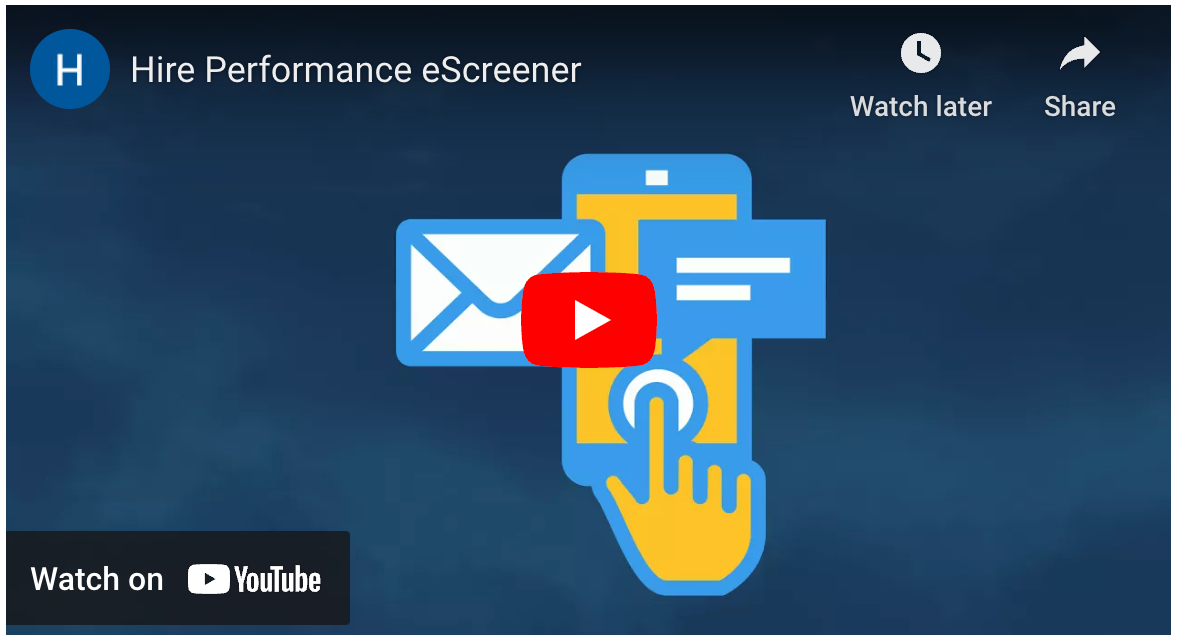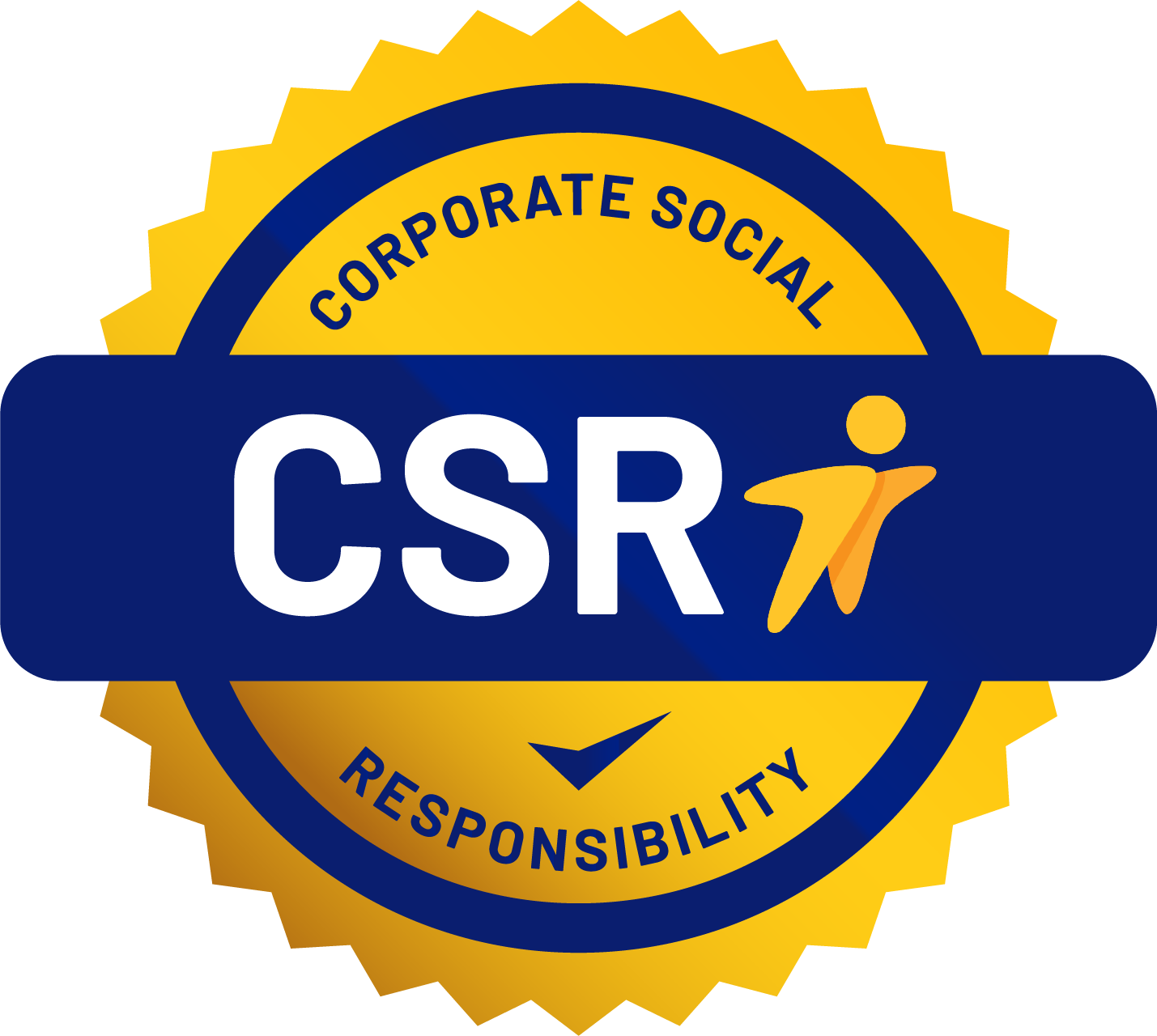Can an Employer Give a Bad Reference in Canada?
Tim Hardie • July 21, 2022
TL:DR - The short answer is yes. An employer can give a "bad" reference as long as the feedback is true and given in good faith. So, rest assured, you can and should conduct reference checks with Hire Performance.
When it comes to finding new employees, HR departments are under immense pressure to choose the most suitable candidate. With the complete hiring process taking on average
10 to 60 days, getting the choice down right involves undergoing comprehensive back checks, resume processing, and reading references.
Employers who write reference letters for their current or previous employees do so in order to provide candid guidance for other companies who are going through this challenging process. Reference letters are designed to inform other employers about the strengths and weaknesses of a particular candidate, which brings up a question HR departments often ask:
Is an employer allowed to write a negative reference regarding a current or past employee in Canada?
The Simple Answer
Yes, bad references are legal under the Ontario Employment Standards Act. But there is still some legal risk to writing negative references depending on the context, so it’s worth reading into the nuances and cross-checking with previous Canadian legal cases.
The Framework For Legal Defamation
The only rules that could apply in this case are related to legal defamation. Negative comments about employees are categorized as defamation and, as a result, are legal as long as they fall into two common law defenses: justification and privilege.
Justification
If the negative details in the references you write for employees can be proven as true, then you are allowed to submit those references out of justification.
From the perspective of the HR department at a company, you must conduct an investigation to prove that your negative comments are true. If you write that an employee once committed theft while employed at your organization, you must within a reasonable doubt be sure that the case of theft can be proven.
Qualified Privilege
In some cases, comments made in a reference cannot be objectively proven, such as when the company is offering an opinion. If the statements made in the reference were written in a protected context, then you are allowed to submit the reference legally.
The law often sees employee references as a protected context, where a person is fulfilling a duty by providing needed information to someone who is interested in the statement. The reference writer in this case is allowed to act honestly and present claims as long as they truly believe in them.
It’s expected for employee references to be written in good faith. You can mention anything as long as you genuinely believe that the employee deserves the comments. Writing negative references out of malice or a blatant disregard of the truth definitely sets you up for some legal risk.
Relevant Case Studies
Let’s look at two recent cases, both from the Court of Appeal in Ontario, that have to do with employee references and the legal concept of defamation.
Korach v. Moore
The case of Korach v. Moore sheds some light on the idea of “malice” in Ontario legal systems. The official document outlines the concept of “malice established where the defendant did not honestly believe that defamatory statements made were true.”
The case also notes that malice can transpire in two ways. Intrinsically, the wording of your reference can reflect your intentions. Excessively violent or outrageous language is usually grounds for an illegal reference, so avoid such a tone in any employee comments you make.
Extrinsically, the court can decide on malice depending on how you base the claims you make in the reference. Writing anything that you know is false or being reckless in your statements so that you aren’t sure whether they’re false can both be attributed to malice.
The general conclusion here is that HR references need to be written professionally and objectively. Avoid an emotional tone whenever possible and simply state your facts and opinions in a purely informative way rather than a potentially malicious one.
Kanak v. Riggin
Kanak v. Riggin was another instance of an employer being protected from liability for giving a negative reference. Tracey Kanak attempted and failed to charge her previous employer, Darryl Riggin, for defamation.
The case document points out the validity of the “defense of qualified privilege” and even specifies that such privilege still applied even though Kanak was no longer employed under Riggin at the time.
Best Practices For Writing Negative Employee References
While not many of us enjoy writing criticisms in employee references, it’s sometimes necessary. Rest assured, you aren’t in any legal trouble for doing so as long as you follow some best practices:
- Use objective, non-emotional language in your reference.
- Ensure that you can prove any claims you make.
- Assume upfront that a legal team or judge may be reading your comments.
- Try to mix in negative statements with positive ones except in the most extreme of cases.
And while it is possible for an employee to sue an employer for defamatory references, proving the defamation is a major hurdle, and most companies have already prepared for these types of legal cases. After all, a failed lawsuit can be expensive for the instigator, who must then pay the legal fees for the employer as well.
You shouldn’t have a problem with writing references in Canada as long as you make your claims in good faith and minimize your chance of being accused of malicious behavior.
Simplify the Hiring Process with eScreener by Hire Performance
Legal liabilities are only one consideration to make when working with employee onboarding procedures. For instance, how do you perform a complete pre-employment background check in Canada efficiently since there are so many credit, reference, and criminal checks to undergo for each and every candidate?
HR departments that process dozens or even hundreds of candidates need a streamlined way to handle all these pre-employment testing procedures. That’s why eScreener, one of the biggest background check services in Canada, offers its proprietary screening software for this purpose.
Get started with a free demo of eScreener if reference or criminal record checks are becoming a time-consuming hassle. If you’re interested in comprehensive, accurate testing and want your results back in a fraction of the time compared to your competitors, you can’t afford not to try eScreener!

Industry Leading Technology for Background Checks & Screening
eScreener uses Kount Identity Verification™ technology to verify identity with confidence. This technology cross checks applicant information against Equifax and 3rd party data sources to validate an identity and to determine whether that identity has been reported as misused or associated with potential fraudulent activity. This is done in real time by accessing millions of records, providing instant results in our eScreener.
WHY CHOOSE HIRE PERFORMANCE?
Pre-Employment Screening Benefits
Our industry leading expertise and cutting edge technology help organizations detect potential risks such as resume fraud, criminal convictions, and past terminations.












